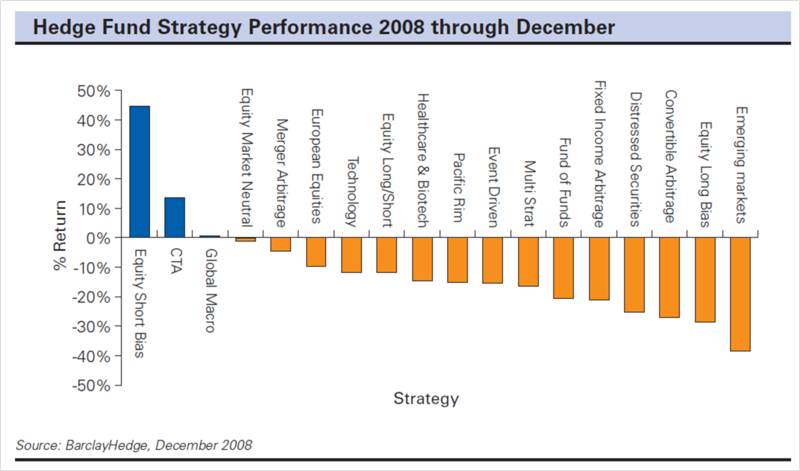Canadian Miser Management Fees Why I Got Rid of My Mutual Funds
Post on: 22 Июнь, 2015 No Comment

Tuesday, September 10, 2013
Management Fees — Why I Got Rid of My Mutual Funds
A mutual fund is an investment product operated by an investment company that pools contributions from investors and invests the proceeds into a variety of funds. This might include a variety of stocks, bonds and money market instruments. Individuals that contribute money become unit holders and share in the income, gains, losses and expenses that the fund incurs. Professional money managers manage the assets of the fund.
Investors in Canada can choose from more than 10,000 mutual funds to buy, except 94% of them wont beat the market. One of the top reasons for this poor performance is the management fee.
The Management Expense Ratio (MER) of a mutual fund represents the combined costs of three main services and fees:
- Investment management services provided to the fund and its investors by the fund company. This is usually about 40% of the MER.
- Financial advice and planning services provided by the investment dealers advisor is also about 40%.
- The remaining 20% consists of the fund companys administrative costs—including legal and accounting fees, brokerage fees and interest expenses and GST.
The Canadian investment industry has the highest fees in the developed world, ranging from 1.5% to over 3%. These management fees prevent most funds from outperforming the market.
One solution is to move into Exchange Traded Funds. (ETF)
Exchange-traded funds, also known as ETFs, are a basket of stocks that track a specific market index, sector group or commodity. ETFs appeal to investors because they offer the diversification of mutual funds, but trade like individual stocks on major stock exchanges and can be bought or sold throughout the trading day.
Because ETF’s do not payout financial advice and planning services their management fee is automatically reduced by about 40%. They are cheap to own — the management fees are generally below 1%. This is also the reason that most financial planners are reluctant to recommend ETF’s — most of their income comes from traditional mutual funds.
In August, Vanguard Investments Canada announced five new equity ETF’s that have begun trading on the Toronto Stock Exchange. All five are Canada-domiciled exchange traded funds. Vanguard now offers 16 ETF’s featuring an industry-low average management fee of 0.21.
Here is a summary of the five new funds:
Vanguard FTSE Canada All Cap Index ETF
Annual Management Fee (% NAV) .12%
Vanguard FTSE Developed ex North America Index ETF
Annual Management Fee (%NAV) .28%
Vanguard U.S. Dividend Appreciation Index ETF (CAD Hedged)
Annual Management Fee (% NAV) .28%
Vanguard U.S. Total Market Index ETF
Annual Management Fee (%NAV) .15
I only have one mutual fund left and fortunately the MER is only about 1% and any ETF’s that I have are below 1%. I am very comfortable doing my own research and on-line trading. After 15 years of holding mutual funds, I had enough. Even though I am going to make mistakes as a DYI investor, I am confident that I will come out ahead.
Conclusion: If you want to try an experiment, compare the top 10 holdings of any Canadian Equity mutual fund with a Canadian Equity ETF — I bet you will find that they are almost the same. Then check the management fees — the MER on the mutual funds will likely be at least double that of the ETF.














